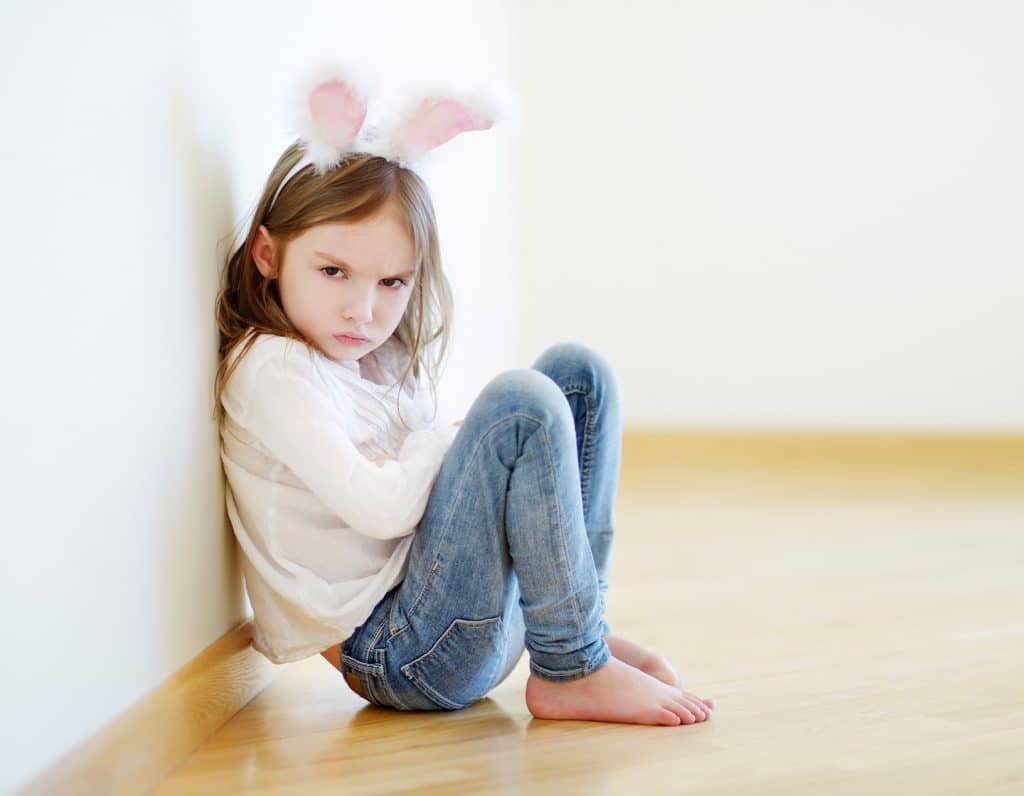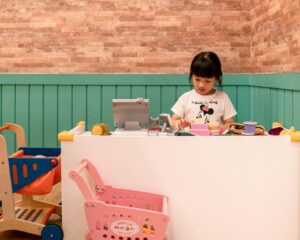
The terrible twos.
There isn’t a parent in the world who hasn’t heard of – or at some point dreaded – the terrible twos! And there isn’t a toddler (or child of any age come to think of it) in the world who hasn’t – at some point – displayed some of the attributes of said terrible twos. However, 2-year-olds are actually more terrific than terrible and with a bit of understanding, you can strike out all the bad behaviour associated with that age and approach these years with less trepidation and more joy! Read on to understand more about your toddler, temper tantrums and how to use positive encouragement for a smoother transition.
Read more: Parent Tips: 10 Ways To Help Your Kids Overcome Picky Eating
Understanding the terrible twos
Your child may not actually be two when this phase hits. The terrible twos are a very broad term and can apply to the behaviour displayed by children aged 18 months up to 3 years! It’s a very real phase and it’s important to remember that it’s a normal part of development and is helping shape your child for the future.
Your child is learning about the world and how they fit into it and as their brain develops they are desperate for independence. However, this desire can be frustrating for them as they are still very reliant on you at this age. It is vital to recognise that some of the behaviours that manifest during this developmental stage are not due to defiance or naughtiness, but a natural reaction to situations your child is in.

Toddler Temper Tantrums
The biggest fear is the dreaded temper tantrum! Toddlers can have meltdowns over the smallest of things and there is often no rationalising with them in these instances. Tantrums are incredibly hard for parents to witness especially when your child appears genuinely upset, and you’ve been pushed to breaking point. However, there are ways to deal with them and minimise the fallout.
Preventing Tantrums
In some situations it can be possible to prevent a tantrum before it even occurs, and presenting choices can be helpful in doing this. Sometimes toddlers can have a complete breakdown because they were given the red cup when they were desperate for the blue one.
These kinds of meltdowns can come completely out of nowhere and will try the most patient of parents. Offering your child a choice of cups in the first place may prevent this, even if they aren’t presented with the cup they had their heart set on. The option to make their own choice asserts their independence and gives them a feeling of control.
Limiting choices in certain situations can also stop your child from being overwhelmed. If you tell your child to choose what to wear you are helping them be independent, but they may struggle with too much choice. Offering them a choice between two t-shirts limits their options whilst again, helping them feel in control.
Toddlers also need as much information as possible to help them process events. If you know that your child struggles in the supermarket, explain what you are going to do there and how long you will be. Involve them in as many ways as possible – whether that’s in choosing red grapes or green grapes or which juice to get – help them to feel empowered in these situations.
It’s also important to remember that, like adults, toddlers are more likely to have a meltdown when they’re tired or hungry. Sometimes avoiding a tantrum can be as simple as having a snack to hand. Once again, this is the time to remain objective to your child’s behaviour; they aren’t necessarily being “naughty” they may just be reacting normally to their own needs.
Read more: The Importance Of Rituals And Routines For Your Family

Dealing with Tantrums
It may seem like your toddler will pick the worst times and places for their meltdowns! Handling tantrums in public places is no easy task. Rest assured that you’re not the only person who has ever had to deal with this and, despite the embarrassment it may cause at the time, you’ll never have to see most of the people in that supermarket or restaurant again. Sometimes the hardest part is the worry that unwelcome glances from strangers are full of judgement. Trust us when we say they’re not! Lots of people know what it’s like to battle a toddler.
Firstly, don’t lose your cool. This can be easier said than done, especially on those days when nothing seems to be going your way. If you raise your voice, your child will hear your anger and not the words you are saying. Your toddler doesn’t know how to deal with their own frustration, so try and remember that they aren’t deliberately trying to act up. Help them manage this by calmly narrating their feelings for them! “I can see you are frustrated because…” This can seem unnatural at first, but it really will help your child to understand their own feelings. Then try and remove them from the situation. Distraction is a far better method than shouting and screaming.
Often parents are advised to ignore tantrums and this can seem impossible in a public place. However, you can ignore a tantrum without ignoring the child. Instead of responding to the tantrum, talk to them about something else or show them something to distract them. Removing your child from the situation that caused the tantrum can be the best way to solve the problem.
Encouragement
Toddlers are notoriously stubborn and determined to do things themselves. Help them to channel this attitude into everyday tasks they can help with. As mentioned, tantrums manifest themselves from a desire to be independent, so boosting your child’s confidence in their own abilities can help to minimise these outbursts. If you are folding laundry then give them a few things to fold too. You can also give them their own duster when you’re cleaning and help them feel important. Praise their efforts when they help with chores as this will boost their belief in themselves and their self-worth.
Read more: Tips On Managing Children’s Behaviour
Editors note: This article was originally published on 26, January 2018, and updated by Alex Purcell Garcia on 21, May 2019.
 View All
View All









 View All
View All





 View All
View All


 View All
View All










